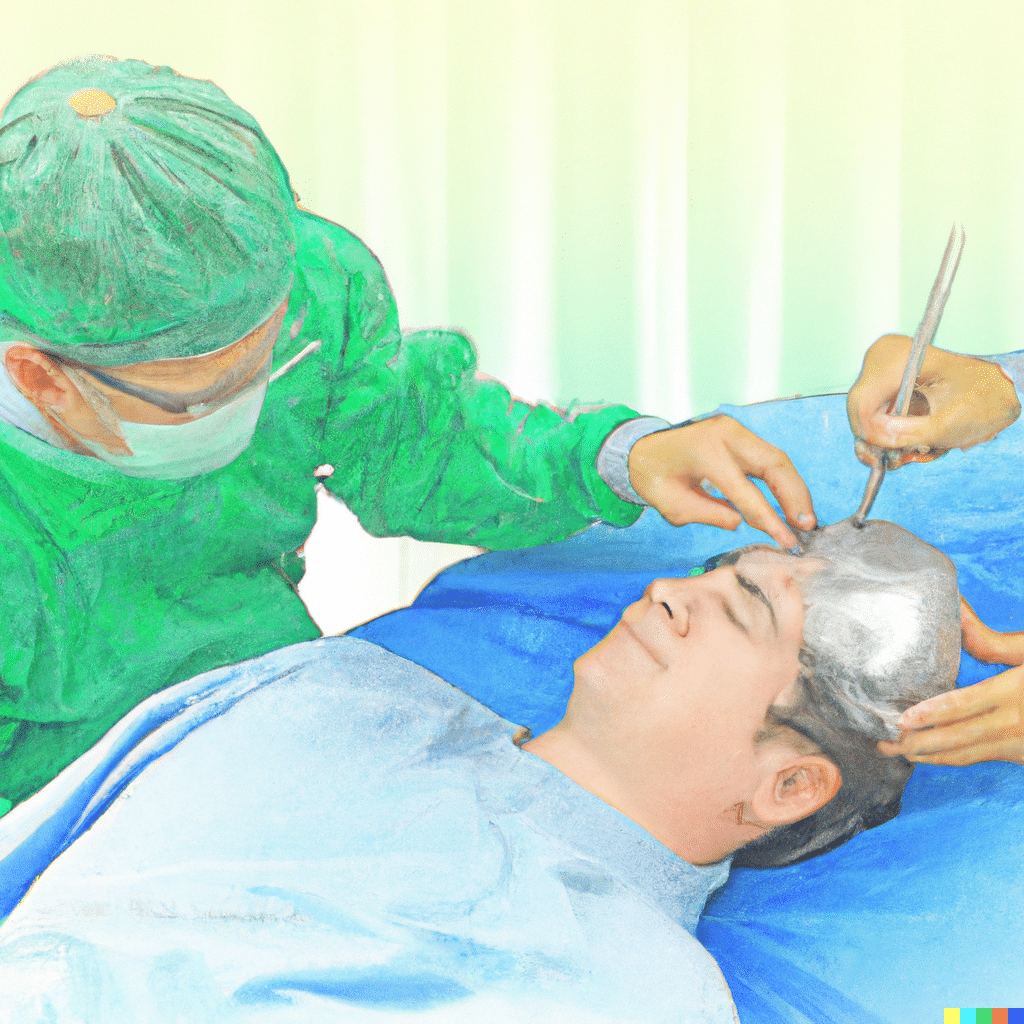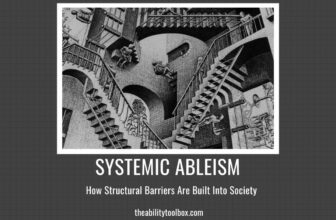
Parkinson's disease is a debilitating condition that affects millions of people worldwide. While there are several treatments available for managing the symptoms of Parkinson's, one of the most promising and innovative approaches is deep brain stimulation (DBS). This blog post will take a closer look at the pros and cons of using DBS to treat Parkinson's disease.
What Is Deep Brain Stimulation (DBS)?
DBS is a surgical treatment involving the implantation of electrodes into specific brain areas. These electrodes are connected to a battery-operated generator that sends electrical impulses to the brain, altering the activity of specific brain regions and improving the symptoms of Parkinson's disease.
Pros of Deep Brain Stimulation for Parkinson's Treatment
Improved Motor Symptoms
DBS is known to significantly improve the motor symptoms of Parkinson's disease, such as tremors, stiffness, and difficulty with walking and movement. This can lead to an improved quality of life and increased patient independence.
Reduced Use of Medications
DBS can help reduce the need for medications used to treat Parkinson's disease, which can have several side effects, including nausea, dizziness, and confusion. By reducing the need for drugs, DBS can improve the overall well-being of Parkinson's patients.
Long-Lasting Effects
Unlike medications, which need to be taken regularly, the effects of DBS can last for many years after the initial procedure. This means that patients may enjoy the benefits of DBS for an extended period.
Customizable
DBS can be tailored to each patient’s needs, allowing for a highly personalized approach to treatment. For example, the electrical impulses can be adjusted to achieve optimal results, and the electrodes can be implanted in different areas of the brain depending on the specific symptoms being experienced by the patient.
Cons of Deep Brain Stimulation for Parkinson's Treatment
Invasive
DBS is a surgical procedure that requires the implantation of electrodes into the brain, which is an invasive and potentially risky procedure. There is a risk of complications, such as bleeding, infection, and inflammation, and the process requires a long recovery.
Cost
DBS is a costly procedure, and the price is typically not covered by insurance. Additionally, the long-term costs of maintaining the electrodes and generator can increase over time.
Side Effects
While DBS can improve the symptoms of Parkinson's disease, it can also cause side effects, including dyskinesia (involuntary movements), depression, and changes in cognition and behavior. Sometimes, these side effects may be severe enough to outweigh the procedure’s benefits.
Limited Effectiveness
DBS is not a cure for Parkinson's disease; its effectiveness can vary widely from patient to patient. Some patients may experience minimal improvement in their symptoms, while others may not respond to the treatment.
Final Thoughts on Deep Brain Stimulation for Parkinson's Disease
In conclusion, DBS is a promising treatment for Parkinson's disease that can offer many benefits, including improved motor symptoms, reduced need for medications, and long-lasting effects. However, it is also an invasive procedure with risks and costs, and its effectiveness can be limited.
As with any medical treatment, it is essential to carefully weigh the pros and cons before deciding if DBS is the right choice for you or a loved one. If you're considering DBS, it's essential to work with a skilled and experienced healthcare provider who can help you make an informed decision and ensure that the procedure is performed safely and effectively.
Previously published on The Layman Speaks.
I offer opinions, thoughts, perspectives & insights into the human condition from the perspective of an everyday layman. I have been in the technology industry for three decades. I write and blog about finance, technology, politics, lifestyle, health, nutrition & much more.
Dr. Wilson graduated from Rosalind Franklin University of Medicine and Science and completed her residency in Internal Medicine at Advocate Good Shepherd Hospital in Barrington, IL. Dr. Wilson specializes in providing culturally competent and trauma-informed care to patients with physical disabilities. In addition to her private practice, she works as a science communicator, teaching health literacy to middle school and high school students in her local school district.








